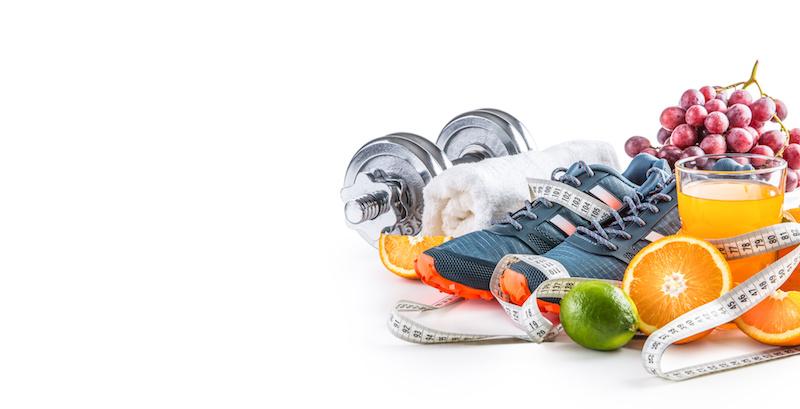Sports Nutrition that Works!
Sports Nutrition that Works uncovers how foods and beverages that an athlete consumes can significantly affect their performance. When athletes can make specific changes to their fluids and nutrition, they can achieve optimal strength, performance, and energy balance for their selected sport. Students will benefit from the knowledge gained from elite athletes, strategies for balancing fluids, vitamins, and other nutrients into practical nutrition guides, and how to apply this into a ready-to-use program for their athletes. Students will learn how to regulate body temperature during training, the difference between anaerobic and aerobic power, combat the effects of environmental influences, and much more.
|
Course Name: Sports Nutrition that Works! |
|
|
Course Number: KINE 753 |
Semester Credits: 3 |
Course Description
Performance can be significantly affected by what an athlete eats and drinks during training and before a competition. A few of the questions answered in this course include: How much food and fluid should you consume? What type of foods and fluids should you be ingesting? When should you eat and drink? What should you eat on the road? In addition, this course provides the student with knowledge about the occurrence of nutrients in foods and their role in human structure and function; digestion and absorption processes of nutrients in humans and factors affecting bioavailability; the concept of food groups, tables of food composition, food labels, dietary recommendations, dietary requirements of athletes, disorders related to obesity, iron deficiency and calcium imbalance; effects of exercise on protein and carbohydrate metabolism, fluid imbalance; dietary supplements and nutritional aids in sports, and special needs of athletes.
Goals
- Explain the importance of good nutrition in enhancing performance and preventing injury and illness.
- Apply the principles of nutrition, including the roles of fluids and electrolytes, vitamins, minerals, ergogenic aids, macronutrients, carbohydrates, protein, fat, and dietary supplements, as they relate to the dietary and nutritional needs of athletes and others involved in physical activity.
- Understand the prevailing misconceptions regarding the proper use of food, fluids, and nutritional supplements such as common food fads and fallacies and strength or weight gain diets.
- Describe the functions of vitamins and minerals and give good sources of each. Describe the digestion, absorption, and metabolism of carbohydrates, fats and proteins.
- Identify the consequences of improper fluid replacement.
Course Contents
- Essential nutrients
- Hydration
- Energy metabolism during exercise
- Control of body temperature during exercise
- Training with supplements
- Anaerobic power: Strength, speed, and explosiveness
- Aerobic power: Endurance, stamina, and long-term gains
- Meal timing
- Eating on the road.
- Nutrition plans
- Sample meal plans
- Role of carbohydrate in sports performance
- Nutrition and weight control
- Role of protein in sports performance
- Role of fat in sports performance
- Role of fluids in sports performance
- Balancing calories and nutrients for optimal performance.
- Special concerns for women
Evidence of Learning Outcomes
Upon completing Sports Nutrition that Works, the student will have demonstrated knowledge of the importance of nutrition, fluids, and supplements to athletic performance. The student will also model an understanding of various approaches to sports nutrition.
How to Register
Sports Nutrition that Works is completed in an online or via emailed PDF format. It is open for anyone to register at any time during each semester. After completion, students receive graduate, non-degree semester credit on official transcripts from the University of La Verne, an accredited university in La Verne, California.
Registration is fast and straightforward and can be done online or over the phone. Courses are offered on a rolling basis during three standard semesters, and you can begin whenever you are ready! The registration dates are:
- Fall: September 1 - January 31
- Spring: February 1 - May 31
- Summer: June 1 - August 31
